It is futile to judge a kind deed by its motives. Kindness can become its own motive. We are made kind by being kind
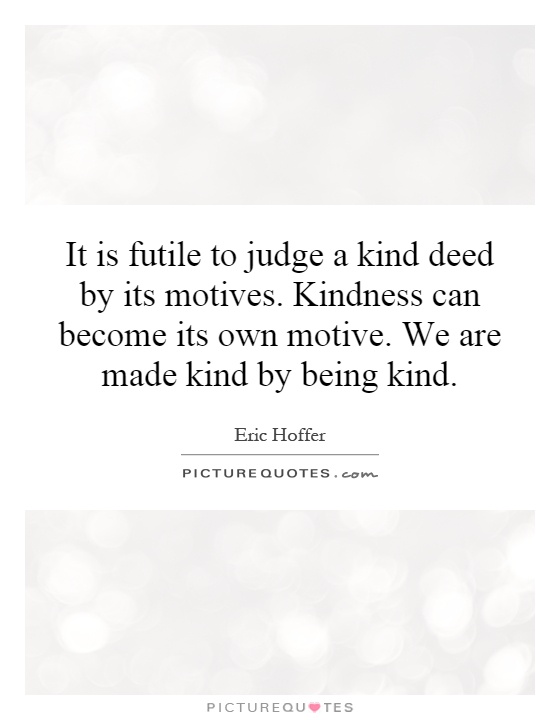
It is futile to judge a kind deed by its motives. Kindness can become its own motive. We are made kind by being kind
Eric Hoffer, a renowned American philosopher and author, once said, "It is futile to judge a kind deed by its motives. Kindness can become its own motive. We are made kind by being kind." These words hold a profound truth that transcends time and resonates with the essence of human nature.In a world where motives are often questioned and scrutinized, Hoffer's statement challenges us to look beyond the surface and recognize the inherent value of kindness itself. Kindness, by its very nature, is a selfless act that seeks to alleviate the suffering of others and bring joy and comfort to those in need. Whether the intention behind a kind deed is pure or not, the impact it has on the recipient remains the same. Kindness has the power to transform lives, mend broken hearts, and restore faith in humanity.
Hoffer's words also highlight the transformative power of kindness. When we choose to act with kindness, we not only bring light and warmth into the lives of others but also cultivate a sense of empathy and compassion within ourselves. By practicing kindness, we become more attuned to the needs of those around us and develop a deeper understanding of the interconnectedness of all beings. In this way, kindness becomes a self-perpetuating cycle that enriches both the giver and the receiver.
Moreover, Hoffer's statement challenges us to move beyond the limitations of our own egos and embrace a more altruistic way of living. Instead of constantly questioning the motives behind our actions, we are encouraged to focus on the positive impact that kindness can have on the world. By letting go of our need for validation and recognition, we can truly embody the spirit of kindness and make a meaningful difference in the lives of others.


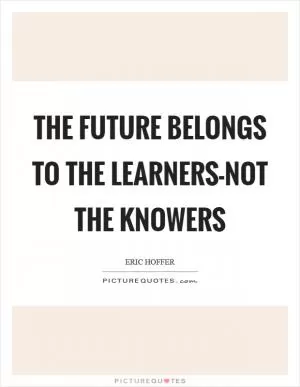


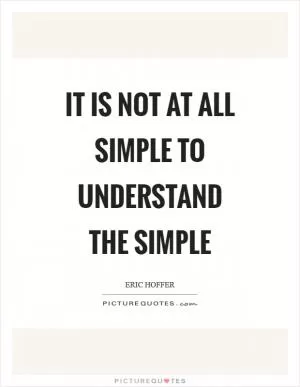
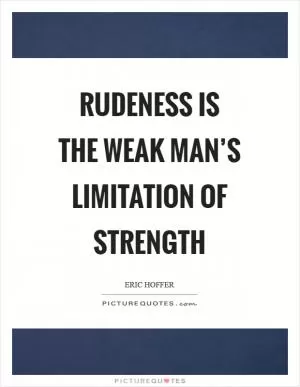


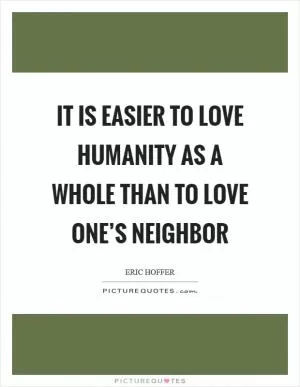


 Friendship Quotes
Friendship Quotes Love Quotes
Love Quotes Life Quotes
Life Quotes Funny Quotes
Funny Quotes Motivational Quotes
Motivational Quotes Inspirational Quotes
Inspirational Quotes